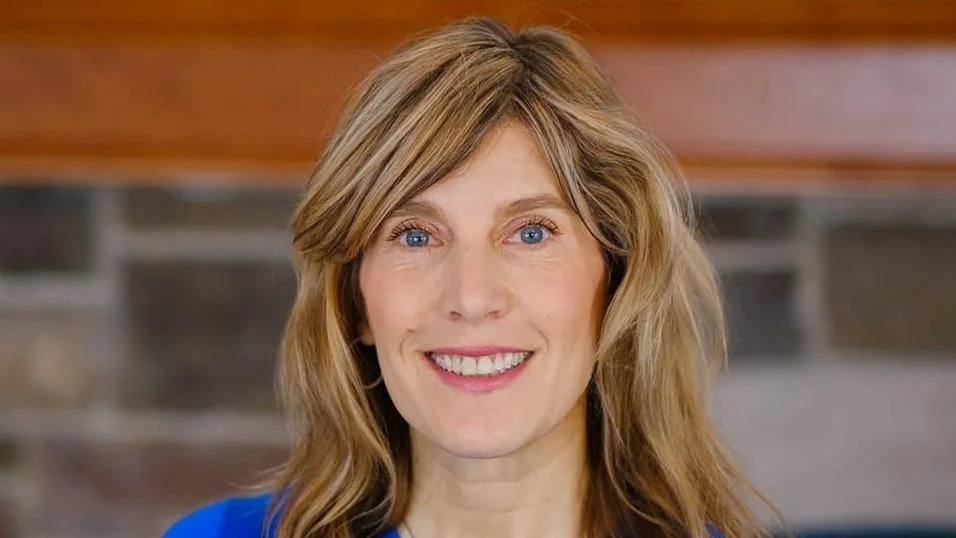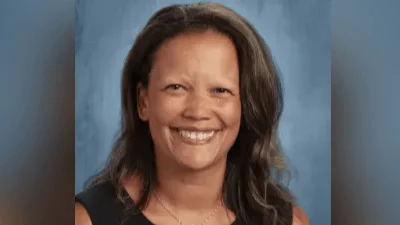Jodi Habush Sinykin, Wisconsin State Senator for 8th District | Facebook
Jodi Habush Sinykin, Wisconsin State Senator for 8th District | Facebook
According to the Wisconsin State Legislature's official website, the bill was described as follows: "grants to child advocacy centers. (FE)".
The following is our breakdown, based on the actual bill text, and may include interpretation to clarify its provisions.
In essence, this bill mandates the Department of Justice (DOJ) to provide annual grants, instead of a fixed $17,000, to specified child advocacy centers for supporting education, training, medical advice, and quality assurance to enhance the response to suspected child maltreatment in Wisconsin. The bill revises and updates the list of designated recipient centers' names and adds two new recipients: the Lakeshore Regional Child Advocacy Center in Sheboygan County and Child Advocacy Centers of Wisconsin. Through these changes, the bill aims to bolster the multidisciplinary approach to addressing child abuse and neglect in the state, beginning in fiscal year 2025-26.
The bill was co-authored by Representative Patrick Snyder (Republican-85th District), Senator Tim Carpenter (Democrat-3rd District), Senator Melissa Ratcliff (Democrat-16th District), Senator Mark Spreitzer (Democrat-15th District). It was co-sponsored by Representative David Armstrong (Republican-67th District), Representative Lindee Rae Brill (Republican-27th District), and Representative Barbara Dittrich (Republican-99th District), along 22 other co-sponsors.
Jodi Habush Sinykin has authored or co-authored another 33 bills since the beginning of the 2025 session, with none of them being enacted.
Sinykin graduated from the University of Michigan in 1989 and again in 1992 from Harvard Law School with a JD.
Sinykin, a Democrat, was elected to the Wisconsin State Senate in 2025 to represent the state's 8th Senate district, replacing previous state senator Dan Knodl.
In Wisconsin, the legislative process starts when a senator, constituent, group, or agency proposes an idea for a bill. After drafting, the bill is introduced, numbered, and referred to a committee for review and public input. If approved, it moves through three readings and votes in both the Senate and Assembly. Once both chambers pass the same version, the bill goes to the governor, who can sign it, veto it, or let it become law without a signature. Only a small share of bills introduced each session ultimately become law. You can learn more about the Wisconsin legislative process here.
| Bill Number | Date Introduced | Short Description |
|---|---|---|
| SB232 | 04/29/2025 | Grants to child advocacy centers. (FE) |
| SB212 | 04/16/2025 | The form of referendum questions |
| SB175 | 04/03/2025 | Local building permit fees for certain improvements of residences of disabled veterans. (FE) |
| SB150 | 03/21/2025 | Passing legislation to reduce carbon emissions |
| SB122 | 03/07/2025 | Limitations on the total value of taxable property that may be included in a tax incremental financing district created in the city of Port Washington. (FE) |


 Alerts Sign-up
Alerts Sign-up